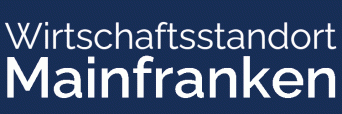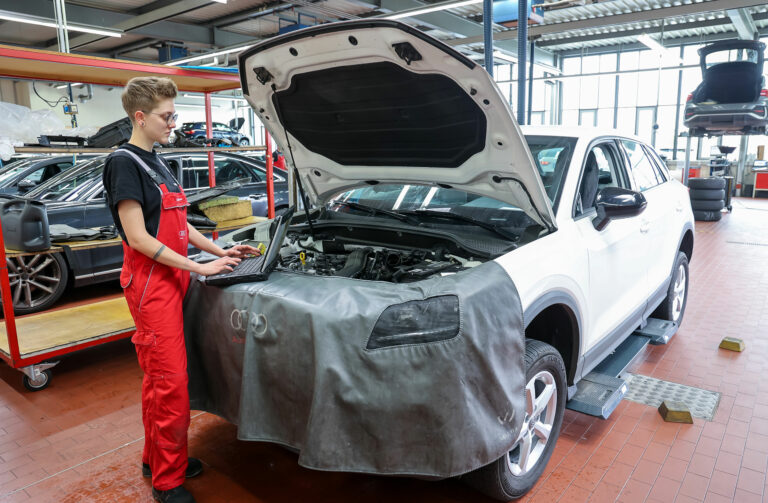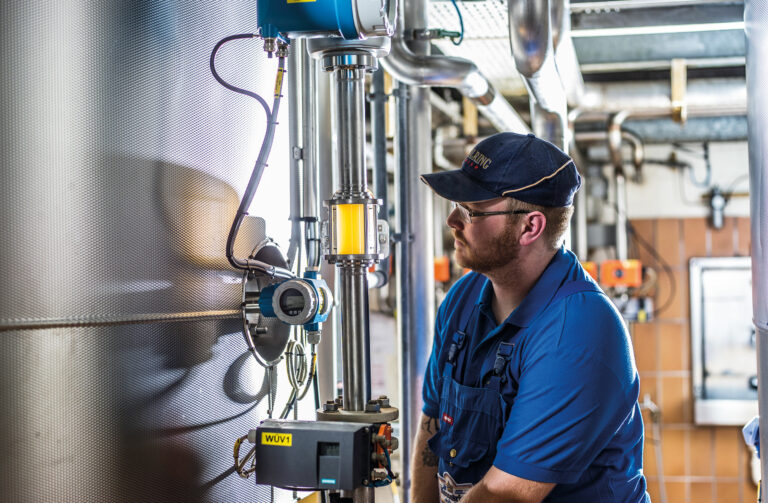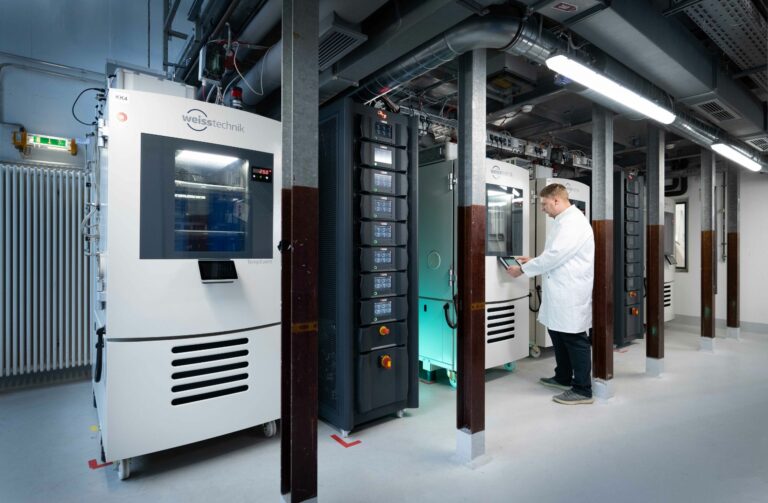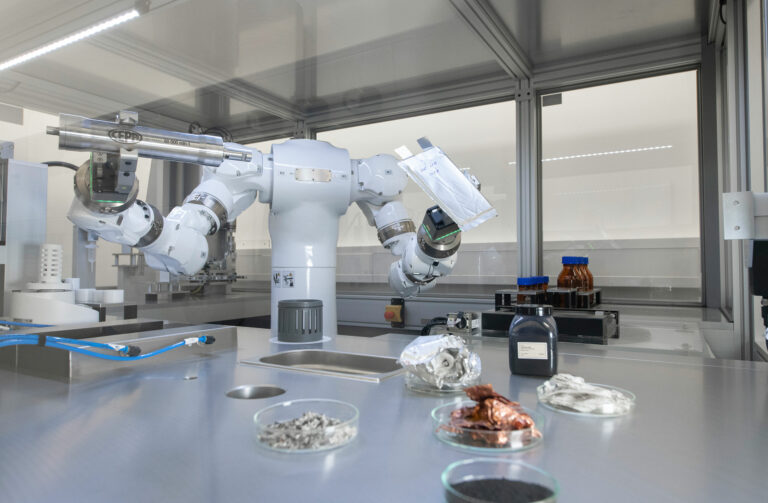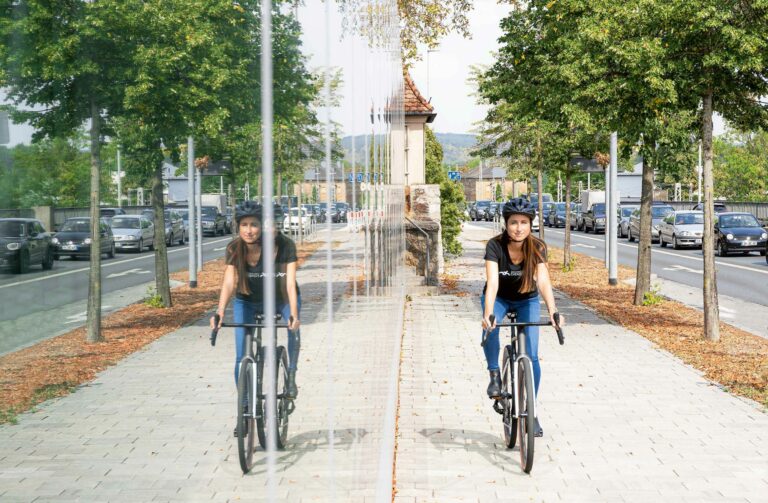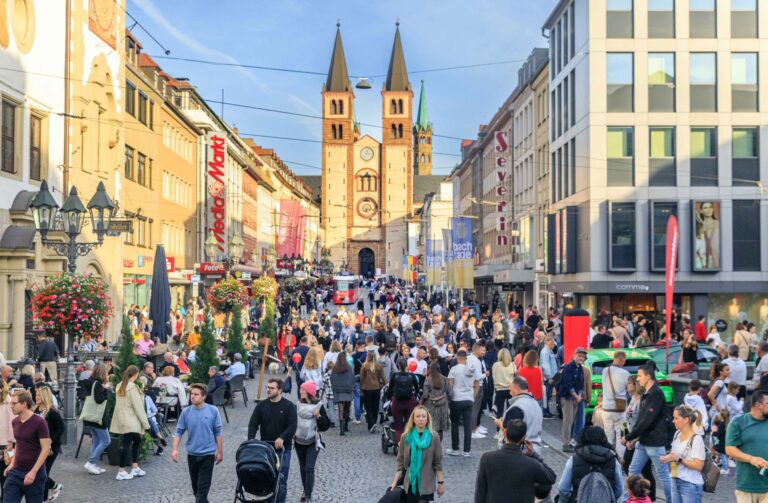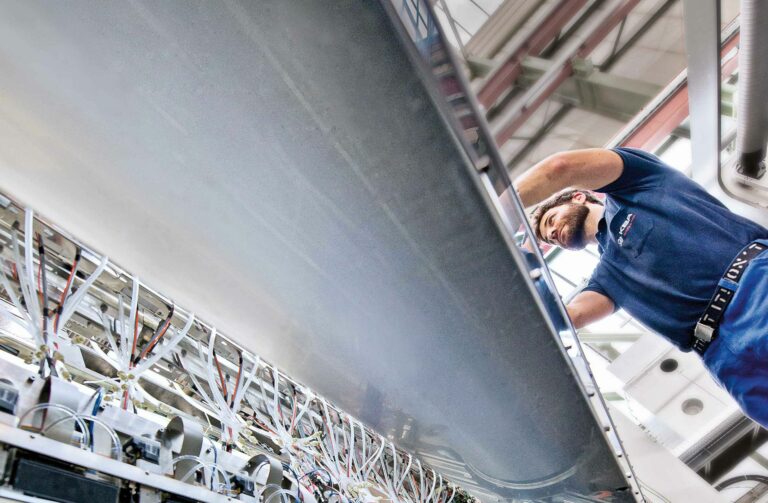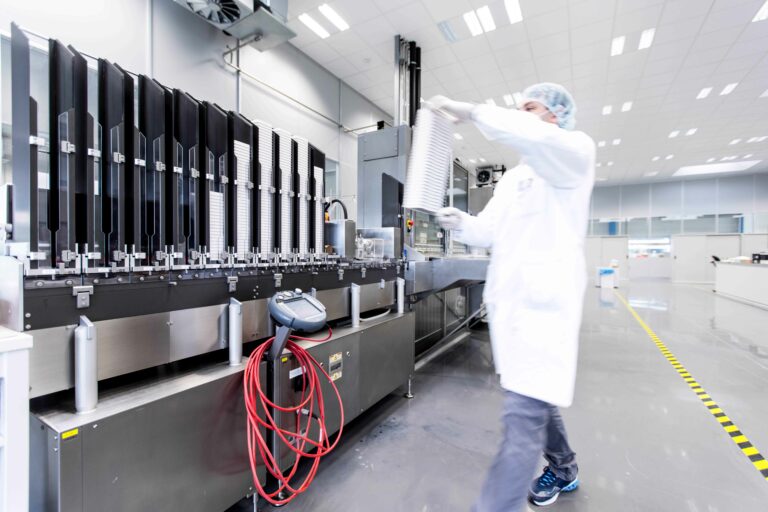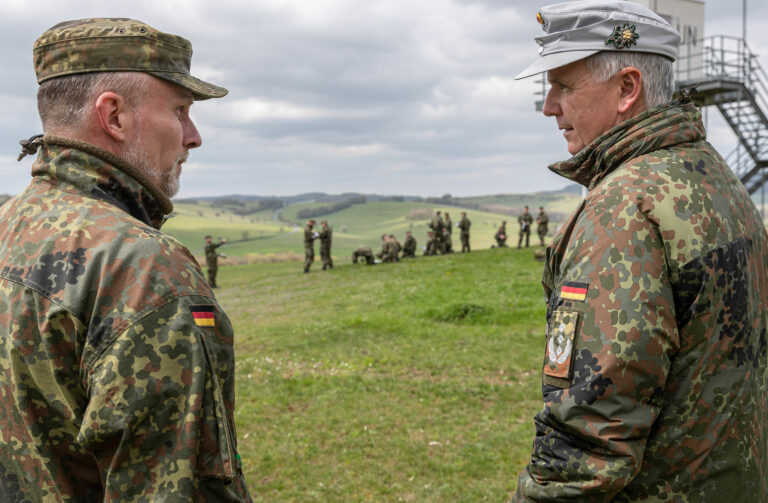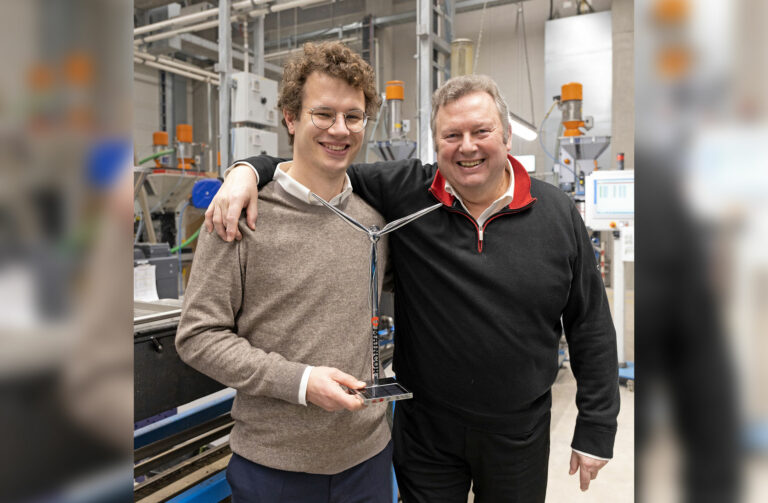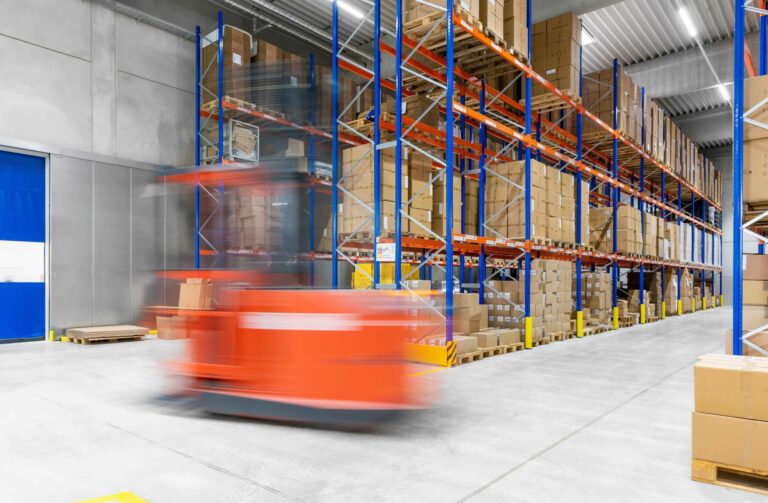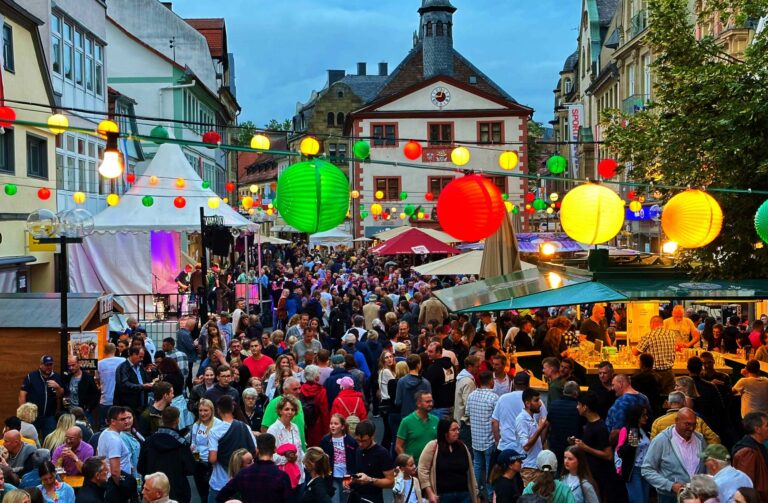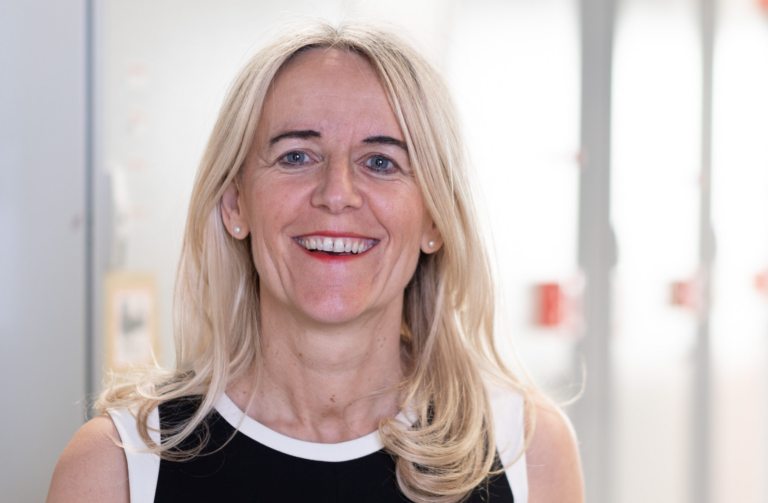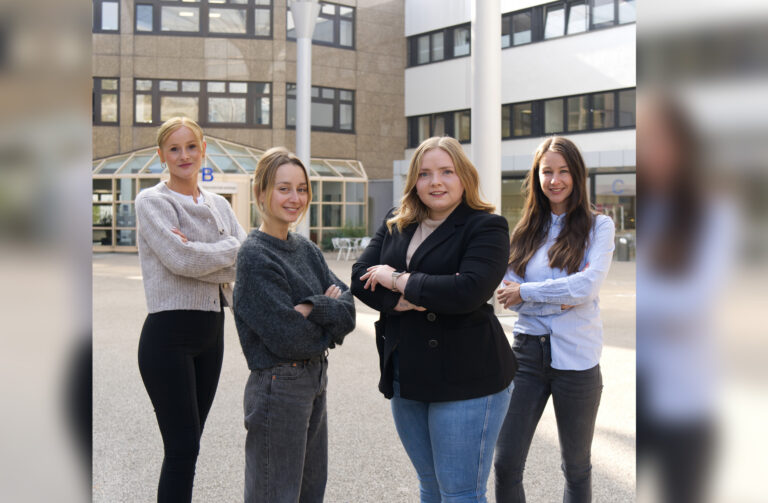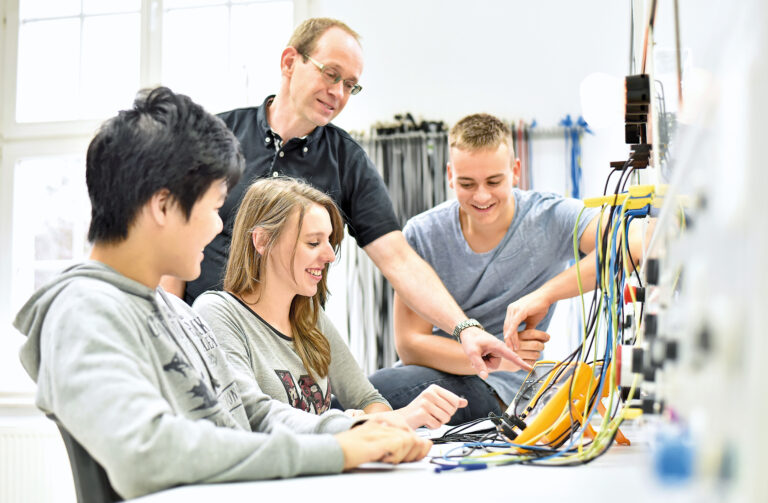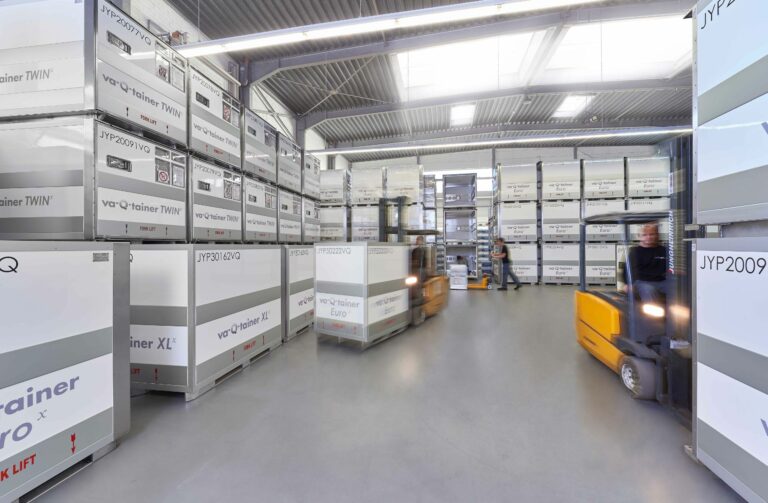Digital and sustainable service providers create the future
Are service providers creating our future? A bold thesis that is also increasingly becoming reality in Main Franconia. During the recent crises we have faced, from the Covid-19 pandemic to the war in Ukraine, we have learned to value our service providers all over again. Applause for the health workers, respect for lorry drivers, couriers, warehouse workers or our educators – these are all examples of a change in society in how people who “keep business running as usual” are seen and appreciated.
Service providers today are increasingly aware of their importance and are continuously developing. Today, providing a service no longer has a negative connotation, but is an expression of customer focus, flexibility and efficiency. A shortage of staff and space, costs and pressure on performance are also forcing progress in digitalisation in the service sector. Deliveries without tracking are hard to imagine today, and the platform economy is creating a new form of digital cooperation. Distinguishing between products and services is becoming increasingly difficult. Today, cars are no longer bought, but increasingly hired on a subscription basis. The shared economy is turning producers into service providers, who must also learn to think and act like service providers.
Service providers secure the basis for a healthy and successful Main Franconia region. Public service including public administration, our municipal utilities, schools, refuse plants or the health system are excellently positioned and attractive for citizens and therefore new employees. .
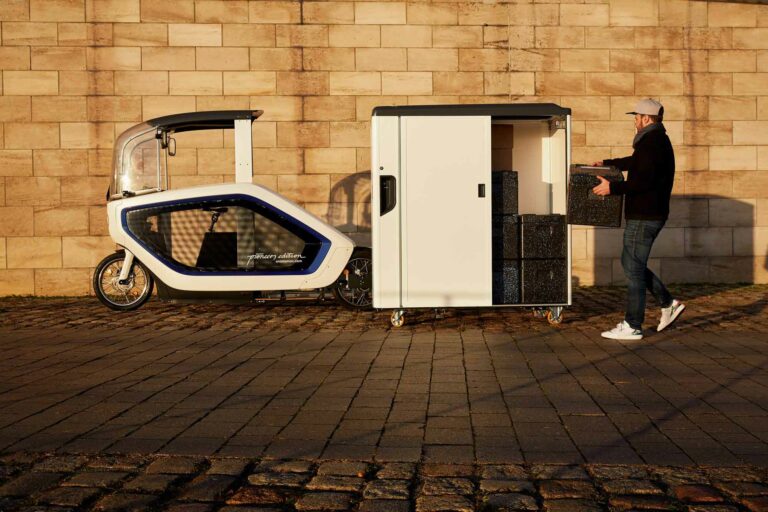
Logistics services are crucial here. Missing parts, containers, ships outside ports and overcrowded warehouses as well as a shortage of drivers and warehouse workers make the importance of logistics clear to everyone. Efficient supply chains are indispensable for production and trading companies to run smoothly and a deciding factor in their success. Main Franconia has a very good structure of logistics service providers. What the companies have in common is that they are highly flexible and have the courage to invest. They supply the industry with components from the sites and ensure the national and international distribution of goods. The special importance of digitalisation is demonstrated, for example, by the logistics specialist Schäflein from Röthlein. The company is working intensively on pioneering technologies. For instance, the “digital colleague” is by now becoming more and more commonplace here, for example as a driverless transport system.
The region is home to several SMEs that had started out here and have since grown to become extremely successful on a national or even international scale.
The Geis Group from Bad Neustadt, for instance, broke the threshold of 10,000 employees after taking over the Austrian Quehenberger Group. This is a special testimony to the potential of the service providers in the region.
In addition, a trend of appreciation for professional logistics is also manifesting itself on the side of industry and trade. Schaeffler has opened a state-of-the-art, automated European distribution centre in Kitzingen, SKF has automated its warehouse logistics and s. Oliver is currently investing heavily in a new, highly automated central warehouse in Dettelbach and thus in the future of the fashion company that is so important for the region.
Industry-related services play a key role in maintaining and continuously increasing the competitiveness of manufacturing companies in Main Franconia. Service providers offer tailor-made solutions and support companies in optimising their processes and increasing their efficiency. On the one hand, logistics service providers are taking on more and more value-added services for industry and trade, and on the other hand, more and more highly specialised service providers can be found. With over 500 employees, the Schweinfurt-based company Amthor has developed exceptional expertise in the field of cleaning. It feels like there is hardly an office or production facility that Amthor has not yet cleaned and you can rely on it being done properly and on time.
The Madinger Group, founded by two brothers of the Sachs family business, supports industrial companies with numerous production-related services – from quality and incoming goods inspection to production support. Over the years, Madinger has built up more and more of process and technological expertise and is now also supporting its customers in their international expansion.
In addition to these classic service fields, there are several other small, accomplished suppliers in the region. For instance, FIS, which emerged from FAG Kugelfischer IT, is a highly successful SAP service provider with over 800 employees.
Sustainability is playing an increasingly important role in the service industry. Drivers are often SME retailers or service providers. Rothschenk from Aub, known for its transport securing solutions, or the leading manufacturer of table tennis tables, ESN in Hofheim, are certified as sustainable and have integrated this into their company’s DNA. The office supplies retailer Memo from Greußenheim offers returnable packaging and environmentally friendly deliveries in Würzburg using the local bike courier service Radboten. The 2020 Start-Up of the Year for the design of sustainable inner city logistics is also a partner of the innovative delivery service WÜLIVERY, which delivers the Würzburg retail trade’s purchases and orders conveniently and cheaply to your home using bike couriers. This is how a sustainable future is created.
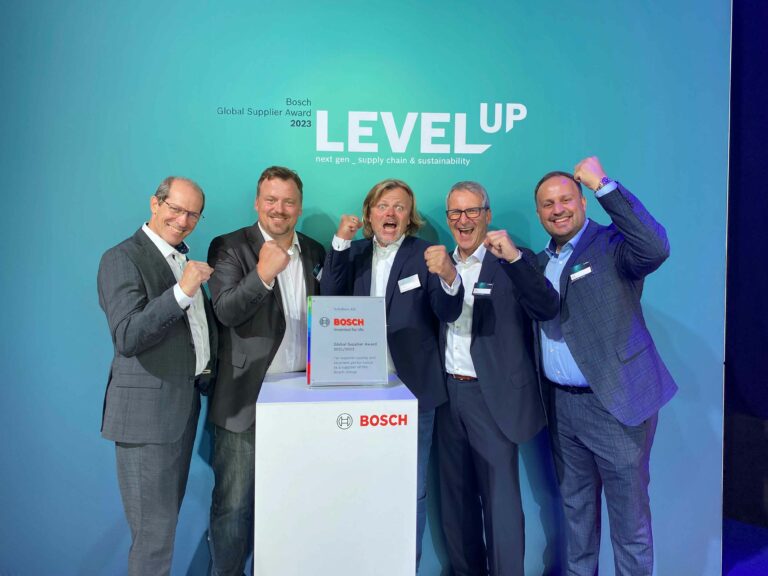
Scientific institutions and innovative business incubators are and will be extremely important for the development of the service sector. The Würzburg-Schweinfurt University of Applied Sciences (THWS) is of national importance with several degree programmes in logistics and the Institute for Applied Logistics (IAL). The business incubators in Main Franconia, some of which are members of the Gründerland Bayern network, offer excellent structures and support services – always closely networked with business and research. The start-up Scoutbee from Würzburg, for example, has taken its first steps at the Vogel Communications Group business incubator and is actively supported by Christian Andersen from the Centre for Digital Innovation. After several major funding rounds, Scoutbee is on the verge of revolutionising the supplier search and purchasing process worldwide using AI-based SaaS solutions.
Header picture: Christina Diem-Puello runs a family business in Schweinfurt with 100 years of bicycle history and is successful throughout Germany with bicycle leasing. Photo: Deutsche Dienstrad
